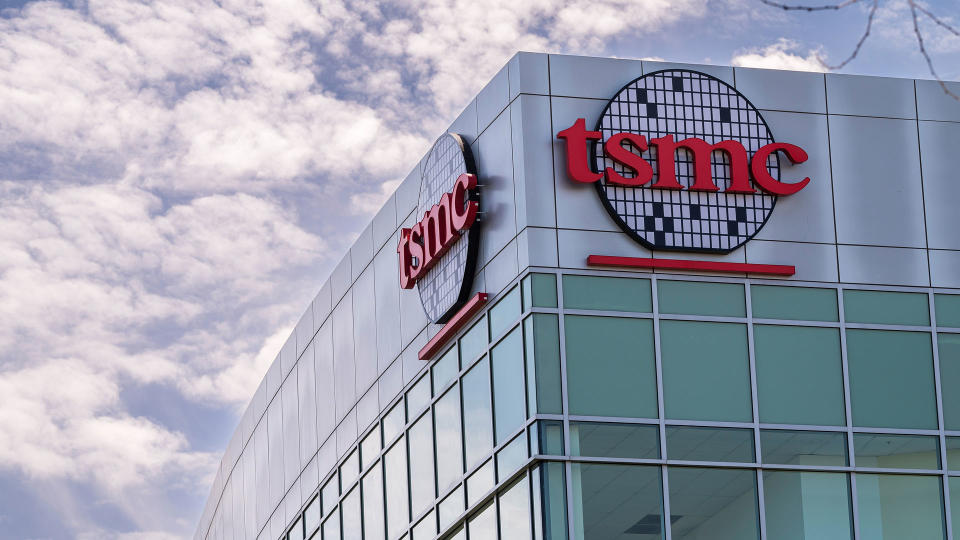Trump says Taiwan should pay US for defense — 'They did take about 100% of our chip business'
When you buy through links on our articles, Future and its syndication partners may earn a commission.

Former President and Republican presidential nominee Donald Trump said that Taiwan should pay the United States for defense, at least in part due to the fact that Taiwan is dominant in chipmaking.
"I think, Taiwan should pay us for defense," Trump told Bloomberg Businessweek in an interview. "You know, we’re no different than an insurance company. Taiwan doesn’t give us anything." He said that Taiwan is "immensely wealthy" because "they took all of our chip business" and that "we should have never let it happen."
The remarks differ tremendously from policy under most U.S. presidents, including current President Joe Biden's administration, which has vowed to protect Taiwan in the event of an attack from China.
Shares of TSMC dropped 2.4% on Wednesday. TSMC is the world's largest contract chipmaker, making chips for Nvidia, AMD, Apple, and other large American companies. Back in 2022, TSMC chairman Mark Liu told CNN that "Nobody can control TSMC by force" and that “if you take a military force or invasion, you will render TSMC factories inoperable."
The idea of China invading Taiwan and seizing TSMC and other chipmaking hubs has been widely discussed, particularly under the Biden administration. In May, Commerce Secretary Gina Raimondo said such an event would be "absolutely devastating" to the American technology supply chain.
As part of the United States' response to these security concerns, the Commerce Department has been doling out cash and grants through the CHIPS and Science Act to boost domestic chip production. While much of that has gone to Intel, TSMC has won a package of $11.6 billion to build three semiconductor plants in Arizona.
Beijing views Taiwan as part of a unified China, and the island depends on aid and support from the U.S. military and its leaders. If Trump, who was just formally nominated as the Republican candidate for president in the election later this year, followed through with these ideas, it could put even more pressure on a high-stakes geopolitical situation for Taiwan, the U.S., and even the global economy.
All of this occurs as the United States and China face off in a "chip war." The United States has curbed exports to China on powerful chips and graphics processors, while China has put billions into investments in semiconductor projects in a bid to become self-sufficient.
The United States is currently obligated by the Taiwan Relations Act to protect Taiwan, including supplying weapons and possibly even military support in a conflict. If Trump were to win the presidency and try to make U.S. support a more transactional measure, it could have huge implications for the conflict in the Taiwan Strait.

